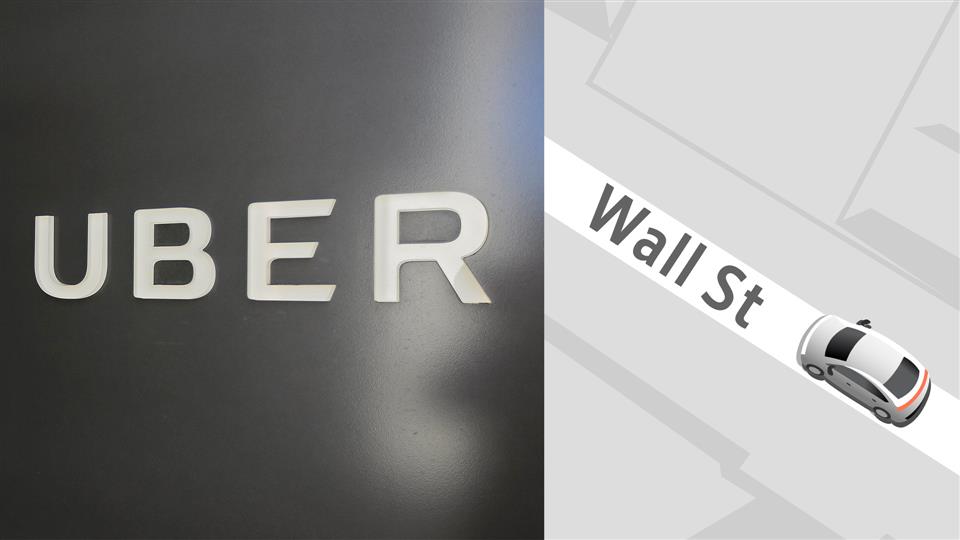Corporate Watch Feature Posts
Global anti-monopoly regulators descend on big tech – Canada’s Competition Commissioner wants increased powers
Free services are good for consumers. And monopolies tend to be bad for them. However, the big tech platforms such as Facebook and Google have elements of both—a combination that is vexing policy makers around the world as they struggle to figure out how best to regulate the giant platforms and their unusual business models. In North America in particular, anti-trust policy is almost always used as a remedy only when consumers are paying more...
Read moreIt’s time for government to take action to stop money laundering.
In 2005, Raymond Baker, a leading authority on financial crimes, used US Treasury Department statistics of illicit money flows and money-laundering conviction rates to show that US law enforcement agencies failed to apprehend money launderers 99.9 percent of the time. And there is no reason to suspect Canada’s failure rate is any better. Estimating the extent of money laundering and catching the perpetrators share the same difficulty: the invisibility of the crime. That leaves us...
Read moreUber makes its stock market debut – and its drivers go on strike.
On Friday, Uber became a publicly traded company. And to mark that occasion, Uber (and Lyft) drivers in the U. S. and parts of Canada went on strike last Wednesday. Why did the drivers go on strike? And why has Uber's stock price plunged since it went public Friday? Ironically, the answer to both questions can be found in an April 11 document Uber released itself - its long-awaited Initial Public Offering (IPO) prospectus. It...
Read moreThe root of fake news in Canada: Facebook and other advertising-based social media
Introduction This article contends that the increasing spread of “fake news” is a direct result of the rise of social media platforms such as Facebook, Twitter and Google. These companies have undermined traditional, fact-based newspapers, and have encouraged the growth of web-based, fake news sites in the following ways. They have undermined the business model of fact-based, quality journalism by garnering the lion’s share of digital advertising at a time when print-based advertising was collapsing;...
Read moreReining in Canada’s Financial Giants – Are Consumers Getting a Fair Break?
Introduction In an important piece in the July 31 issue of the New Yorker Magazine on the decline in the prosecution of white collar crime in the U.S., author Patrick Radden Keefe cites a telling 2002 incident involving ex-FBI director James Comey. Keefe relies on the description of the incident contained in the journalist Jesse Eisinger's recently published book, "The Chickenshit Club". Keefe writes: When James Comey took over as the U.S. Attorney for the Southern District of...
Read moreUber in Canada: what governments must do to protect the public interest
This is the fourth post in a four-part series of articles on Uber. The argument in posts 1, 2, and 3 can be summarized as follows: Uber’s flagship UberX service is unambiguously illegal in most cities in Canada because municipal and provincial taxi licensing law (British Columbia and Quebec license taxis at the provincial level) considers UberX a taxi service and Uber refuses to apply for a taxi licence for UberX under these laws. And...
Read moreUber in Canada: Cutting corners on taxes and benefits
Uber pays no Corporate Income Tax in Canada and it avoids paying for all forms of employee benefits by declaring its drivers "independent contractors". The truth is that Uber is not a benign intermediary between drivers and passengers but rather a $50 billion corporate behemoth designed by an army of lawyers to exploit regulatory grey areas for the expressed purpose of undercutting fares charged by its competitors. This is the third installment of a four part series on Uber’s...
Read moreThe secret strategy behind the Uber invasion of Canada
This is the second of four Canada Fact Check articles on Uber’s entry into Canada. The main argument in Part 1 was that Uber’s flagship UberX service is unambiguously illegal in most cities in Canada because the law considers UberX a taxi service and Uber refuses to apply for a taxi licence. And it doesn’t apply for a taxi license for its UberX service for the simple reason that it does not want its UberX service to operate under...
Read moreWhy Uber is Bad For Canada
Just over five years after it began offering rides in San Francisco, the Uber passenger service now operates in 342 cities spread across more than 60 countries. It retains some 327,000 freelance drivers in the U.S. and hundreds of thousands more around the world. In Uber’s most recent round of financing, investors assigned it a value of $51 billion—a milestone it reached faster than Facebook had before it. According to a recent report by Reuters,...
Read more







